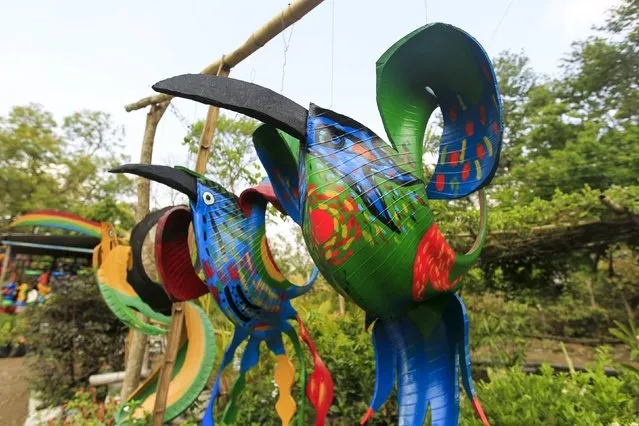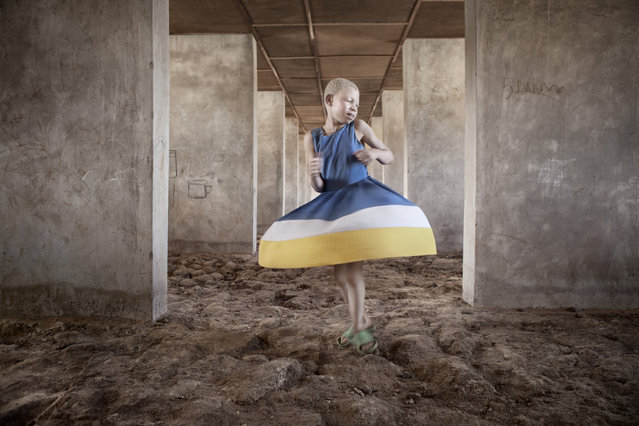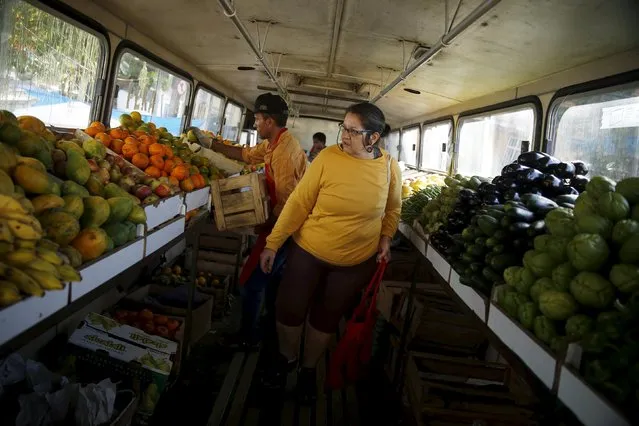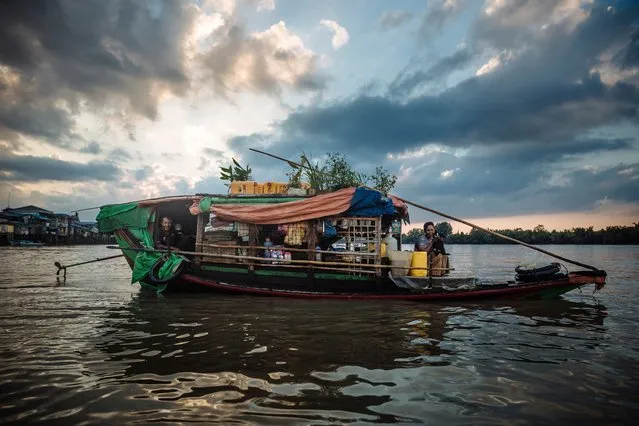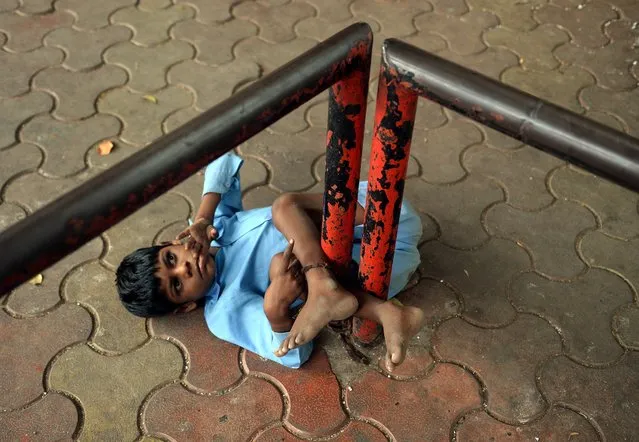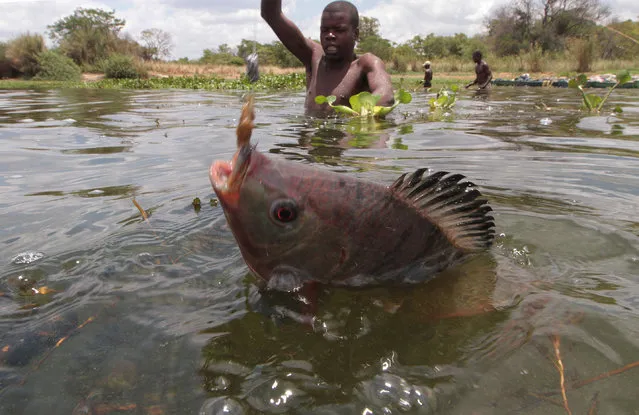
These cat hand bags are painstakingly crafted by Pico, a Japanese housewife who loves cats. The difficulty in making these bags means that they often aren’t available, and when they are, they’re only sold on Yahoo! Auction Japan. How much do bags like these go for? The three-color cat below ended up selling for about 700 USD!
21 Oct 2015 09:02:00,post received
0 comments

